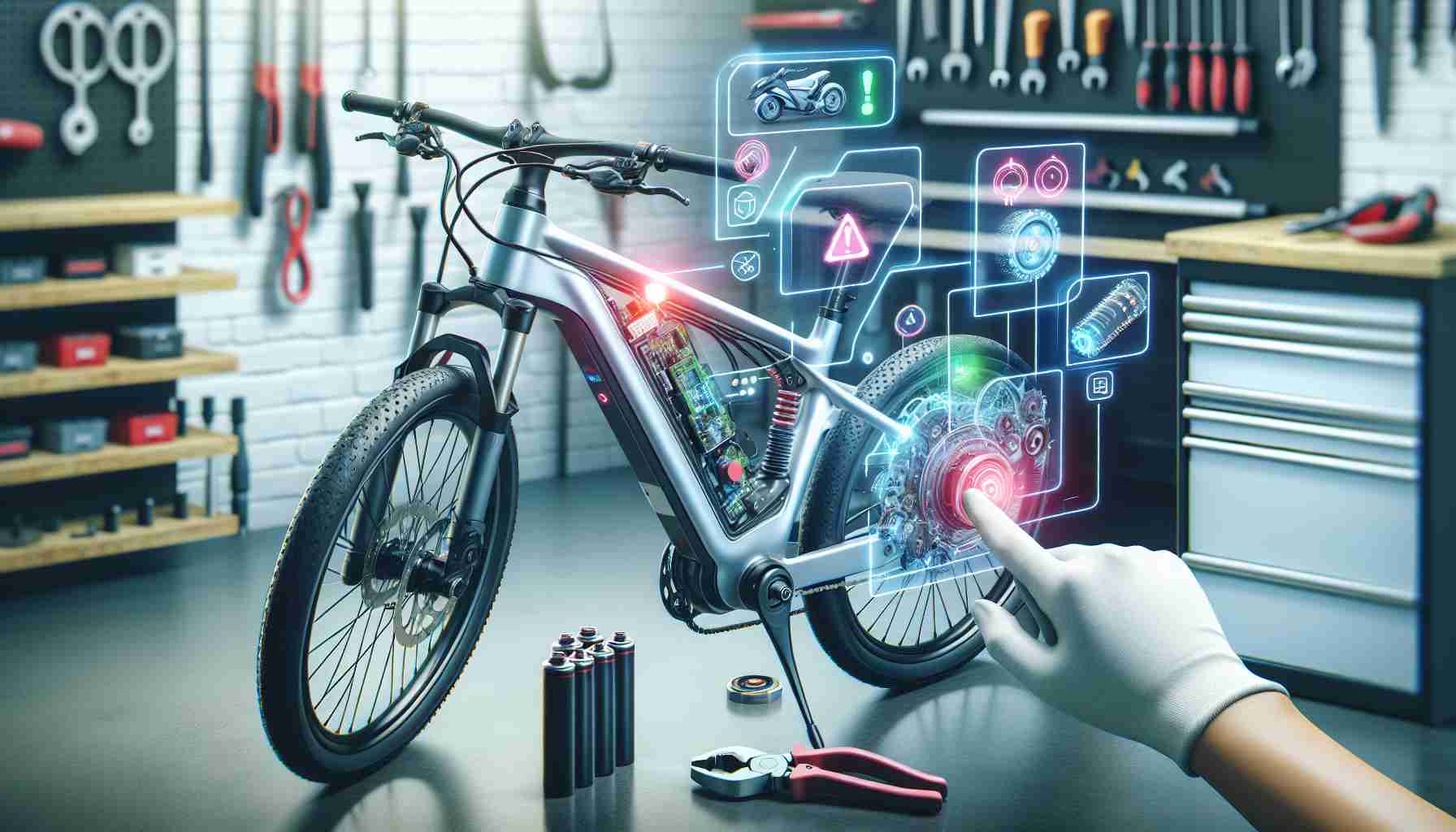A recent report by the National Market Supervision Bureau has raised concerns over the quality of electric bikes. The findings reveal that a total of 146 batches of electric bikes failed to meet quality standards in the first half of 2024, involving popular brands such as Ninebot, Green Source, Aima, Yadea, and Xiaoniu. Among the issues identified, 79 batches were flagged for having substandard battery charging capabilities, particularly related to lead-acid and lithium-ion batteries.
Specifically:
– Aima had 5 batches with issues including labeling, overcharge protection, and battery charger problems.
– Ninebot faced issues in labeling, overall quality, and charging protection.
– Green Source had 6 batches with problems mainly in labeling and charging protection.
– Xiaoniu encountered issues related to labeling and overcharge protection in 2 batches.
– Yadea’s problems included labeling and charging protection in 3 batches.
Consumers are advised to: look for electric bikes with CCC certification, purchase from reputable sources, avoid modifying speed limiters or using mismatched chargers, and steer clear of damaged batteries. Stay informed and make safe choices when it comes to electric bikes.
The Importance of Electric Bike Quality Check: What You Need to Know
With the recent report highlighting concerns about the quality of electric bikes, it is crucial for consumers to understand the key aspects to consider when purchasing an electric bike. In addition to the specific issues mentioned in the report, there are other important questions that consumers should ask when evaluating the quality of an electric bike.
Key Questions:
1. How reliable is the brand’s reputation in the market?
2. What type of battery technology is used in the electric bike?
3. Are there any safety certifications or standards the electric bike complies with?
4. What is the warranty coverage offered for the electric bike?
Key Challenges:
One of the major challenges associated with electric bike quality is ensuring that the battery charging capabilities meet safety standards. Issues such as overcharge protection and labeling discrepancies can pose risks to consumers. Additionally, the proliferation of counterfeit products in the market can make it difficult for consumers to distinguish between genuine and substandard electric bikes.
Advantages:
– Environmentally friendly transportation option.
– Cost-effective in the long run compared to traditional vehicles.
– Easy to use and maintain.
– Promotes physical activity and reduces carbon footprint.
Disadvantages:
– Limited range compared to traditional vehicles.
– Initial cost of purchasing an electric bike.
– Charging infrastructure may be limited in some areas.
– Maintenance and repair costs can be relatively high.
When considering the purchase of an electric bike, consumers are encouraged to prioritize safety and quality by looking for reputable brands, checking for necessary certifications, and ensuring proper maintenance practices. By staying informed and making educated choices, consumers can enjoy the benefits of electric bikes while minimizing risks.
For more information on electric bike safety and quality standards, visit National Market Supervision Bureau.



















